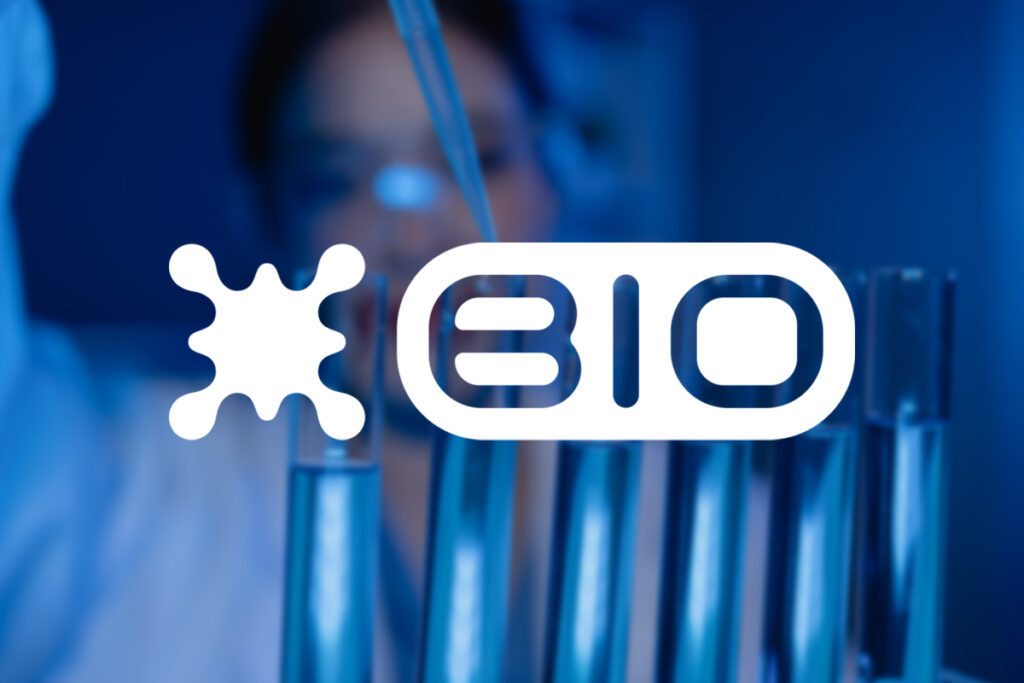Bio Protocol’s first longevity-focused initiative, Aubrai, raised more than $900,000 in research funding within weeks.
Decentralized science company Bio Protocol has raised $6.9 million to expand its AI-native DeSci platform designed to accelerate biotech funding and drug discovery. The round, coincides with the launch of Bio V2, an upgraded version of its decentralized research infrastructure.
The Switzerland-based entity is billed as a full-stack platform for decentralized science, combining AI-driven research tools with blockchain-based funding and coordination. Its goal is to address the bottlenecks that often stall early-stage biotech – bottlenecks that are particularly relevant in longevity research, where promising projects often run out of capital before reaching human trials.
At the core of Bio’s system are so-called BioAgents, decentralized AI agents that generate hypotheses, connect to onchain wallets and manage funding flows to laboratories. According to the company, its agent-based approach can reduce costs and compress timelines in drug development by automating scientific tasks, maintaining blockchain-verified knowledge flows and integrating directly with laboratory experiments. BioAgents are also designed to continuously learn from encrypted research data, social platforms and global collaborators, creating cross-domain intelligence that can be monetized through licensing insights, compounds or services to industry partners.
The first of these agents, Aubrai, launched in August in partnership with VitaDAO and renowned longevity researcher Aubrey de Grey. Trained on de Grey’s lab data and community insights, Bio says that Aubrai has already minted over 1,000 hypotheses onchain, raised more than $900,000 in research funding and facilitated live laboratory testing within its first weeks of operation. Its associated token has also surged from a $269,000 pre-sale valuation to around $40 million.
“Science today is locked in institutional black boxes, cut off from the very researchers who birth it and the communities primed to accelerate it,” said Bio CEO Paul Kohlhaas. “By unifying AI, biotech, and crypto in a decentralized platform, researchers and citizen scientists everywhere can collaborate more efficiently and back promising biotech from its earliest stages, compressing drug development from decades to months.”
Bio V2 introduces several mechanisms to expand the platform’s model. Its Ignition Sales feature allows low-cap, rapid fundraising for new BioAgents and tokenized intellectual property. A loyalty system called BioXP rewards contributions ranging from staking tokens to providing research inputs, while staking of BIO and ecosystem tokens links participation to long-term project development. These incentives are intended to align community members, researchers and investors around the growth of decentralized biotech projects.
Since 2024, Bio says its network has directed more than $50 million to researchers globally, offering an alternative to traditional funding sources that continue to face cuts. Its ecosystem has already advanced several projects toward clinical reality, including VITA-FAST, a longevity program progressing toward Phase 2 trials in the UAE; VitaRNA, an RNA therapy now dosing patients with plans to expand in Europe; Percepta, a brain health supplement entering human studies; and Curetopia, a rare disease initiative targeting multiple inherited metabolic disorders now in pilot studies and IP filings.
The company plans to use the new capital to build out its launchpad and AI-driven scientific software, with future features such as onchain prediction and lending markets, as well as direct communication between BioAgents. The round was led by Maelstrom Fund with participation from biotech and crypto investors including Mechanism Capital, Animoca Brands and Presto Labs.
“Bio is about to be the category-defining launchpad which will fund scientific research the community finds appealing, not just academics. If it works, it’s not just a launchpad – it’s the birth of an AI-native research market,” said Maelstrom founder Arthur Hayes.

